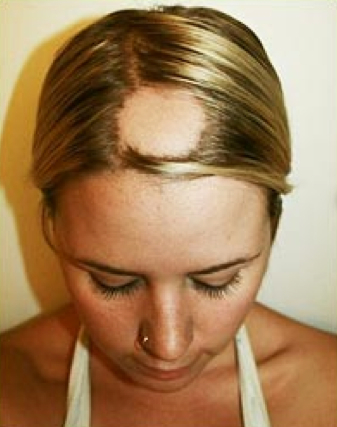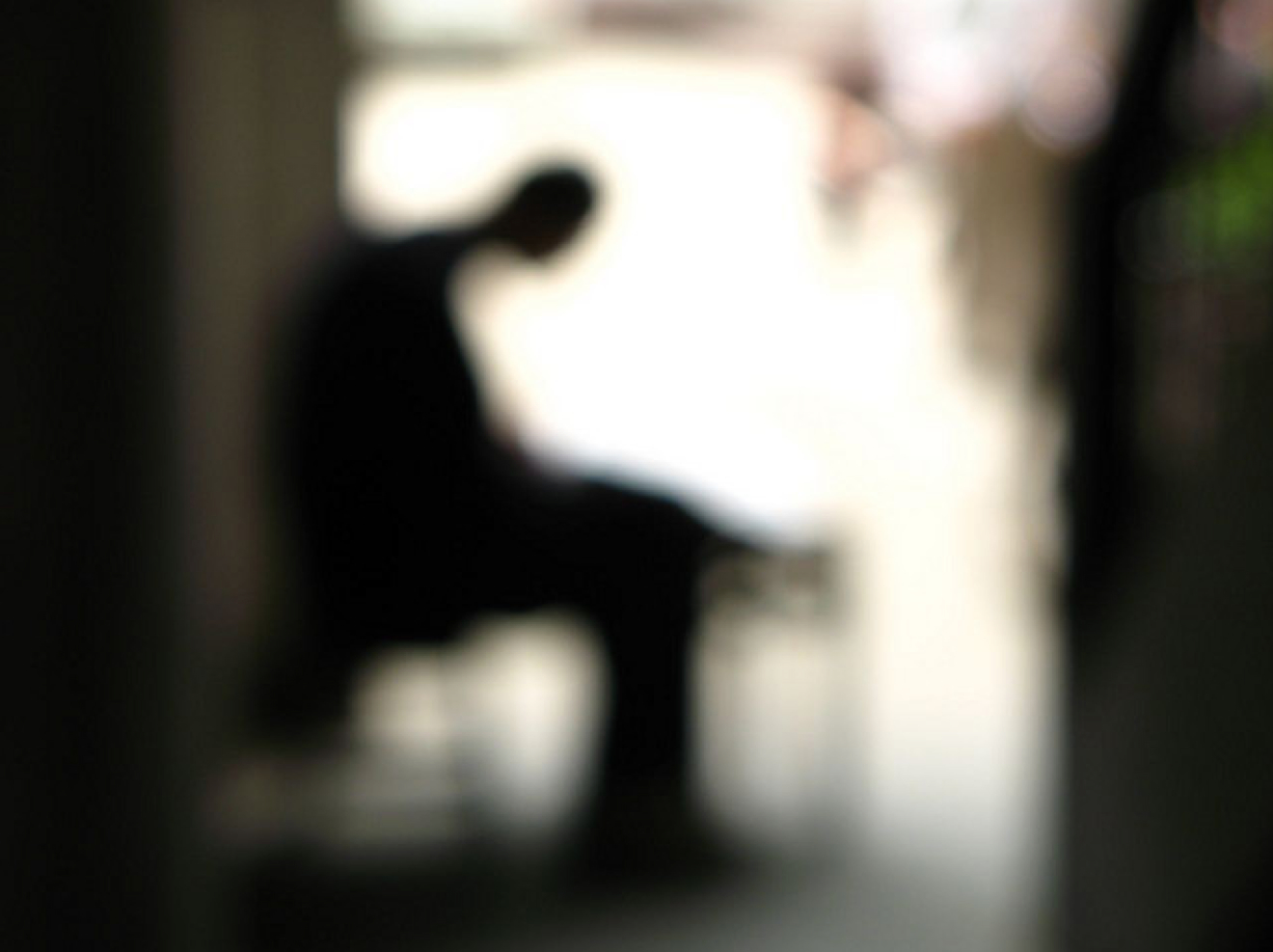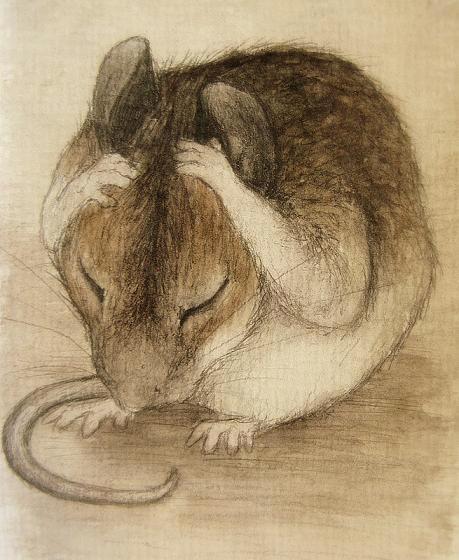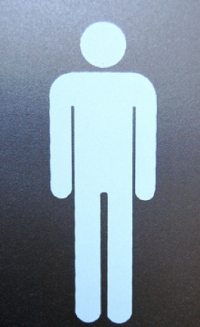Many recent article (a few of which can be read here and here) describes the use of acupuncture and TCM to treat a variety of autoimmune disorders. The autoimmune category is so vast that it is difficult to even approximate a meaningful overview of them except to say that we treat a lot of these types of problems and that quite a large number of them respond well to acupuncture and Chinese herbal intervention.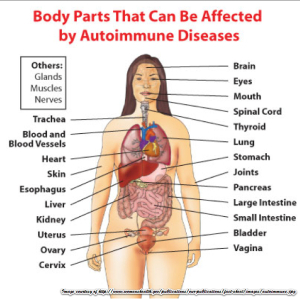
The article, in part, reads,
Autoimmune diseases are a group of disorders in which the immune system attacks the body and destroys or alters tissues. There are more than eighty serious chronic illnesses in this category including rheumatoid arthritis, type 1 diabetes, lupus, thyroid disease, inflammatory bowel disease, Addison's disease, pernicious anemia, celiac disease, multiple sclerosis, myasthenia gravis and Guillain–Barré syndrome. According to the American Autoimmune Related Diseases Association (AARDA) twenty percent of the population suffers from autoimmune disorders. Each disease appears uncommon on an individual basis but, as a group, the disorders make up the fourth-largest cause of disability among women.
Due to the complexity of treating autoimmune disorders, integrative medicine solutions including acupuncture and Oriental medicine have received much attention as successful therapies in their treatment particularly for use in providing pain relief, regulating the immune system, managing symptoms and improving overall quality of life.
Autoimmune diseases are a group of disorders in which the immune system attacks the body and destroys or alters tissues. There are more than eighty serious chronic illnesses in this category including rheumatoid arthritis, type 1 diabetes, lupus, thyroid disease, inflammatory bowel disease, Addison's disease, pernicious anemia, celiac disease, multiple sclerosis, myasthenia gravis and Guillain–Barré syndrome. According to the American Autoimmune Related Diseases Association (AARDA) twenty percent of the population suffers from autoimmune disorders. Each disease appears uncommon on an individual basis but, as a group, the disorders make up the fourth-largest cause of disability among women.Due to the complexity of treating autoimmune disorders, integrative medicine solutions including acupuncture and Oriental medicine have received much attention as successful therapies in their treatment particularly for use in providing pain relief, regulating the immune system, managing symptoms and improving overall quality of life.
The article concludes,
Clinical research has shown that acupuncture causes physical responses in nerve cells, the pituitary gland, and parts of the brain. These responses can cause the body to release proteins, hormones, and brain chemicals that control a number of body functions. It is proposed that, by these actions, acupuncture affects blood pressure, body temperature and the immune system.
A recent Chinese study on rheumatoid arthritis and acupuncture in Chinese Journal of Integrative Medicine found that,
. . . acupuncture can lower levels of pro-inflammatory cytokines in the blood and synovial fluid of rheumatoid arthritis (RA) patients.
The research, which can be read about here, describes the experiment:
Sixty-three RA patients were assigned to receive either EA or manual acupuncture (‘simple’ needling - SN). Points were selected mainly from yang meridians and local ashi points. EA or SN was applied every other day for a course of 10 treatments and each patient received a total of three courses of treatment. Blood and synovial fluid levels of the pro-inflammatory cytokines tumor necrosis factor-α (TNF-α) and vascular endothelial growth factor (VEGF) were reduced significantly after treatment in both groups. The lowering of VEGF after treatment was more significant in the EA group than that in the SN group. (Effect of electro-acupuncture on tumor necrosis factor-α and vascular endothelial growth factor in peripheral blood and joint synovia of patients with rheumatoid arthritis.
A tantalizing analysis of studies published on the NIH website showed benefit for multiple sclerosis patients using Chinese medicine. [readable here] Though the researchers concluded that the intervention,
could improve neurological signs, clinical symptoms and immune indexes, and reduce recurrent frequency.
and that,
The reported adverse events in the CHM (Chinese Herbal Medicine) group were less than those in the control group.
They also pointed out that,
further well-designed research is needed to evaluate the beneficial effects of CHM.
A recent study published by Harvard researchers looks at the effects of one of many herbs which we may use in creating a tailored herbal intervention for our patients, chang shan. Chang shan, the scientists found, modulates the pathological aspect of the autoimmune process and may be useful in treating many of these types of diseases. You can read an article about this here, but an excerpt reads:
In an effort to better understand the therapeutic benefits of chang shan, the team evaluated its active components and observed that one component in particular, halofuginone (HF), blocks the development of T helper 17 (Th17) cells. Th17 cells are highly inflammatory cells that appear to play a primary role in the development of autoimmune disorders such as multiple sclerosis, psoriasis, juvenile diabetes, rheumatoid arthritis and Crohn's disease.
As a fairly substantial bonus, researchers from other universities have found many potent anti-cancer uses for the herb – again something that Chinese medicine has known for millienia,
But chang shan's benefits do not stop there. In 2011, researchers from the University of Sao Paulo, the University of Brazil, and Tel Aviv University discovered that HF is capable of fighting leukemia. Not only does HF prevent leukemia cancer cells from spreading, but it also induces apoptosis, also known as cell death.
Similarly, a 2003 study published in the journal Clinical Cancer Research found that HF contains specific anti-tumor properties that are effective in treating a variety of other cancers besides leukemia. According to the findings, HF can inhibit the progression of both bladder carcinoma and prostate cancer tumors, and may even be a potential preventive treatment that blocks the initial development of these and other cancers.
More can be read on my site here (PKD), here (Crohn's), here (MS), and here (psoriasis). The number of autoimmune issues which I treat is quite a bit more vast than what has yet been written about on this site, but I will get to each of them as the site grows.
 Thursday, January 29, 2015 at 1:59PM
Thursday, January 29, 2015 at 1:59PM 